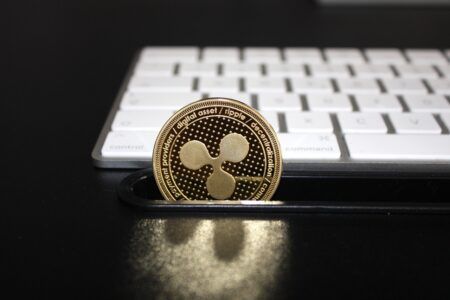According to data from the crypto analytics website Coin.Dance, the peer-to-peer Bisq cryptoasset exchange had its highest trading volume ever during the first week of June.
The decentralized exchange (DEX) saw nearly $6m traded between June 1 and June 15. While a paltry sum compared to what centralized exchanges process every day (or even hour), trading on Bisq represents a completely different section of the crypto community.
Bisq is a militantly decentralized exchange, completely committed to privacy, security, and open access to non-custodial trading. P2P, or “Peer-to-Peer” trading of cryptoassets for fiat currencies is possible and welcome on Bisq.
In this vein, it seems to be stealing the thunder of competitor LocalBitcoins, a veteran P2P exchange that has been increasingly revoking privileges and capabilities on the platform.
Why The Uptick?
LocalBitcoins announced earlier this month that they would suspend in-person cash-crypto trading, as well as discontinue service in a number of countries considered pariah states by the government of Finland, where LocalBitcoins are based.
Note on the removal of Local Cash Ads pic.twitter.com/ue2YBYErTY
— LocalBitcoins.com (@LocalBitcoins) June 4, 2019
CryptoGlobe reported in late May that LocalBitcoins had suspended service in Iran, which has faced increased international sanctions of late, including a (controversial) exclusion from the widely used SWIFT financial messaging system.
LocalBitcoins, by way of explanation, have cited their requirement to comply with the soon-to-be-implemented Act on Detecting and Preventing Money Laundering and Terrorist Financing law, a new Finnish law. (A P2P exchange like Bisq is able to avoid such restrictions because it has no centralized server, but rather is downloaded software run on local machines.)
Another LocalBitcoins P2P competitor HodlHodl specifically welcomed Iranian users after the former enacted the ban.
All of this comes amid an atmosphere of increased scrutiny and pressure on cryptoasset exchanges of all stripes, as the internationally sanctioned Financial Action Task Force (FATF) has recently laid down sweeping new “recommendations” for its 37 constituent member countries to beef up KYC/AML reporting across the board for cryptoasset exchanges operating within their jurisdictions.
If it does the following its not a #DEX.
1. #Centralized entity can choose which coins can be listed or not.
2. KYC enforced. Geofencing.
3. The code for said DEX is not open source.
4. Can't run DEX UI locally on my PC to interact with smart contract.Time to take a hard line.
— OhHeyMatty (@ItsMeOhHeyMatty) June 16, 2019
In what is likely a related effect of such increased scrutiny, the trend of “geofencing” is on the rise. Geofencing blocks access of connections coming from certain geographic locations. Both Binance and Bittrex exchanges have recently begun geofencing U.S. customers, even on Binance’s new DEX – although some would not feel comfortable calling it a DEX.









